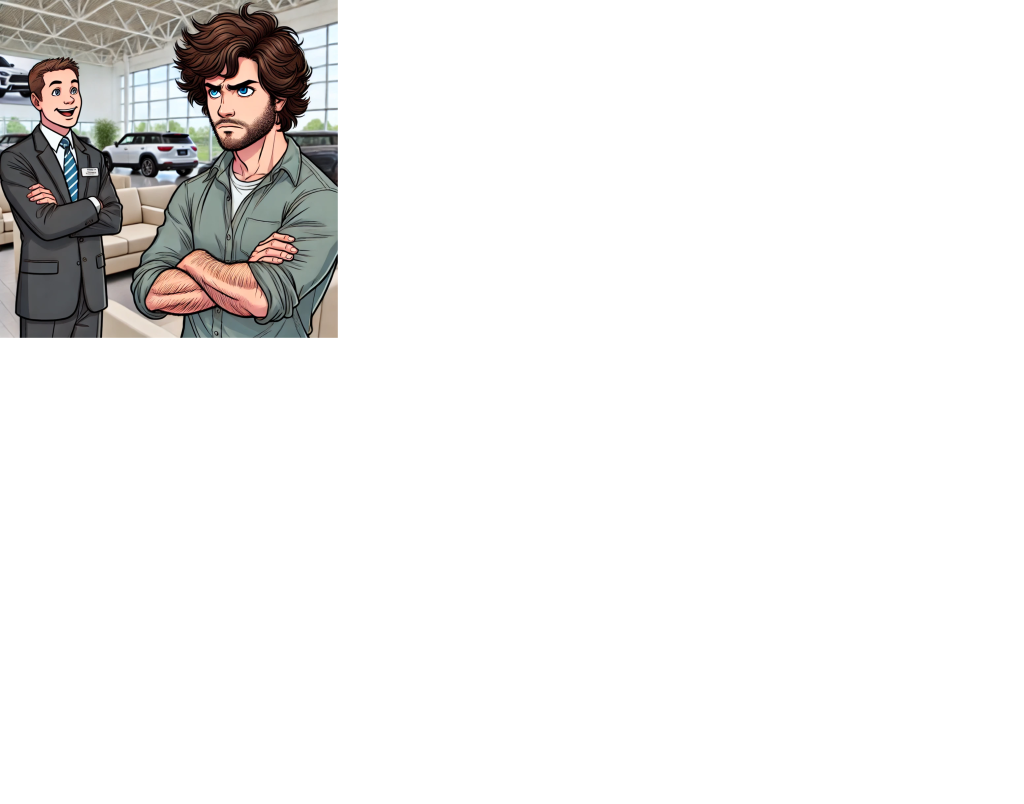A 28-Year-Old’s Luxury Car Reality Check
At 28, I walked into the car dealership, fully expecting the “red carpet” treatment. After all, I was there to upgrade from my trusty 2010 sedan to something…flashier. The sales rep greeted me with a smile, but that smile quickly faded when I began listing my demands: custom leather seats, top-tier sound system, and, of course, the color had to be the perfect shade of metallic midnight blue. And I wanted it by tomorrow.
The rep hesitated, explaining that custom orders take time—weeks, not hours. I gave him my best entitled stare and calmly said, “Well, I’m 28, I know what I want, and I have other places to be.” As if that would magically make the car appear sooner. After some awkward silence, he politely suggested I could wait in the lounge and offered coffee.
What followed was a long waiting period of me scrolling through my phone, silently fuming. It became pretty clear that no amount of glaring at the showroom’s clock was going to speed up my dream car’s assembly. The consequence? I drove home in the same 2010 sedan, but not before telling the sales rep he “missed out” on a sale.
Lesson learned: While age may grant you experience, it doesn’t accelerate factory schedules. Turns out, I might not be as important to the world of luxury cars as I thought. Oh well, I still have my playlist and some custom leather seat covers on Amazon.



